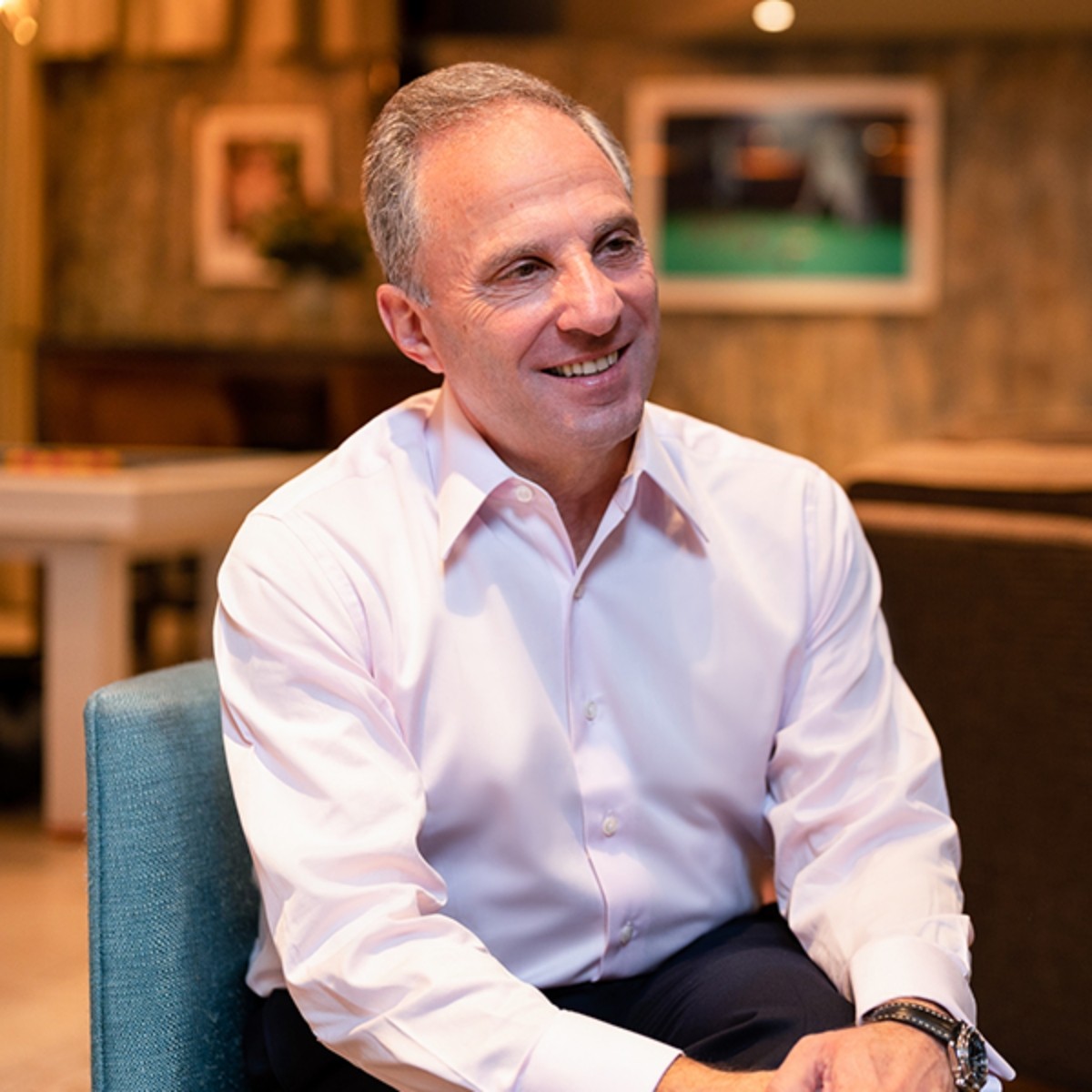The 7 Habits of Highly Effective People: A review
What defines a successful entrepreneur? In this article, we discuss how Stephan R. Covey’s book, The 7 Habits of Highly Effective People, defines the shared qualities that many successful entrepreneurs possess.
Covey notes the secret to success is your perspective. How you see a situation will trigger a
response and adapting your response to view the entirety of the event or process and rise to the challenge effectively will make you a more successful businessperson.
Overview
The book does exactly what it says on the tin. It outlines seven habits that highly effective people employ as part of self-improvement in order to be more successful. Accumulating literature from the last 200 years, Covey identified key factors that influence the way we conceptualise success and what we can do to ensure we achieve it.
Here are the seven habits and key takeaways for each:
- Be Proactive – Try using proactive language when responding to situations, such as ‘I control my own feelings’. Instead of ‘He makes me so mad.’
- Begin with the end in mind – define what scares you and write down the worst-case scenario that could happen. For example, public speaking may scare you and the worst thing you can imagine is forgetting all your words. Write down now, how you’ll handle it.
- Put first things first – organise your tasks into a matrix: urgent, not-urgent, important, not important tasks. Identify a task that is not urgent, but important and commit to implementing it.
- Think win-win – consider your own interaction tendencies. Are they Win-Lose? How does that affect your interactions with others? Can you identify the source of that approach?
- Seek first to understand, then to be understood – Next time you give a presentation, root it in empathy. Begin by describing the audience’s point of view in detail. What problems are they facing? How is what you’re about to say offering a solution?
- Synergise – understand differences in perspective and welcome creativity – Think of someone who you may clash with. How are their views different? Think and pretend how it feels to be them. Does this help you understand them better?
- Sharpen the saw – review and refine what is important to you – There are four dimensions of our nature, and each must be exercised regularly, and in balanced ways: physical, spiritual, mental and social. Make a list of activities that would help you renew yourself for each. Select one activity for each dimension and commit to undertaking it in one week.
The habits noted by Covey encourage a shift in attitude towards business and success from outward achievement to internal and structural changes. These help to ensure that success is not short-lived but built into the fabric of your business ethos.
Why we recommend it
“This is a great toolkit for any entrepreneur. Running a business almost entirely hinges on the mindset of the business owners, and these seven steps teach you to develop internally to achieve the external success you aim for.”
Key takeaways
Covey groups the seven habits into three overarching categories: Independence, Interdependence and Growth. By identifying these three categories, we can begin to understand our role as entrepreneurs individually, collectively and where we plan to develop in the future.
Starting with the basics will allow you to take stock of what you’re doing well and where more attention may be needed. You can then ‘Rescript’ by removing unproductive scripts and creating new ones for yourself that align with your business values. The takeaway is to actively engage with the process and start at the beginning with step 1) Being Proactive.
Conclusion
Running a business can be time and resource consuming. Covey’s 7 Habits of Highly Effective People provides a framework to help you define your business, develop your personal goals and nourish your relationships with others. The habits aim to help you change your perspective from outward success to internal success, and approach situations from an alternative viewpoint by taking a step back. When applied in practice, these habits will get you further down the road to success.

Let’s get started
Contact page
Contact Us




